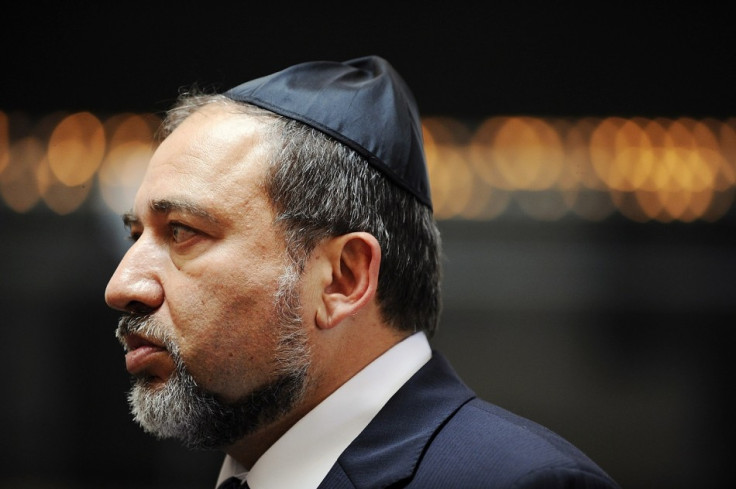Israel Looks Beyond US as Iran Nuclear Talks Reopen [VIDEO]
Washington cannot be Tel Aviv's sole partner after Tehran talks upset, says Avigdor Lieberman

Avigdor Lieberman, Israel's foreign minister, has said Tel Aviv should look beyond the US and foster alliances with other countries.
"For many years, Israel's foreign policy has been one-directional toward Washington," Lieberman told the Sderot Conference for Society. "I support multi-directional foreign policy."
Lieberman, who retook his post earlier this month after being cleared from corruption charges, said Israel could not rely only on the US, as Washington was struggling to cope with a number of national and international troubles.
"The Americans today are dealing with too many challenges and I wouldn't want to be in their place. They are busy in Iran and North Korea and also have economic and immigration problems," Lieberman said, according to the Jerusalem Post.
"We must first of all look to have relationships with countries that do not need financial assistance, that don't have problems in the international arena, and don't depend on the Islamic-Arabic world."
"Countries that are looking for knowledge in agriculture and other areas," he added.
Lieberman's comments came as US-Israel relations have grown bitter over nuclear talks with Iran and prime minister Benjamin Netanyahu has flown to Russia to meet with President Vladimir Putin.
Putin and Netanyahu are to discuss the next round of talks in Geneva, where Iranian diplomats are to sit at the negotiation table with P5+1 powers including Britain, China, France, Russia, Germany, and the US.
Envoys are working on a deal that is likely to include the partial suspension of Iran's nuclear program in exchange for a relaxation of economic sanctions.
Israel strongly opposes the deal, claiming that even under the new leadership of moderate president Hassan Rohani, Tehran cannot be trusted.
Recent media reports suggested Israel was negotiating an unlikely diplomatic alliance with several Gulf and Arab states, including Saudi Arabia, to create a united diplomatic front against Iran.
Meanwhile, David Cameron spoke by telephone to Rohani, the first such conversation between UK and Iranian leaders for more than a decade.
"On Iran's nuclear programme, both leaders agreed that significant progress had been made in the recent Geneva negotiations and that it was important to seize the opportunity presented by the further round of talks," a Downing Street spokesperson said.
© Copyright IBTimes 2025. All rights reserved.




















